France is one of the safest countries for cycling. Excellent cycle paths, well-designed routes, network rental — all can be found in France. Today we’ll speak about how you can organize a cheap bike tour through France.
Why bike?
You can buy a bus tour and explore the beauty of France in a crowd of tourists; you can rent a car and drive aimlessly, but much more pleasant is to travel around the country on a bicycle. Of course, during a week you can hardly go round the whole country, but what can be nicer than a leisure ride through the vineyards and dense forests, through the flowering fields and tiny villages, being able to enter the small restaurant at any moment, to have a picnic on the shore of a picturesque river or just to stop for taking some pictures!
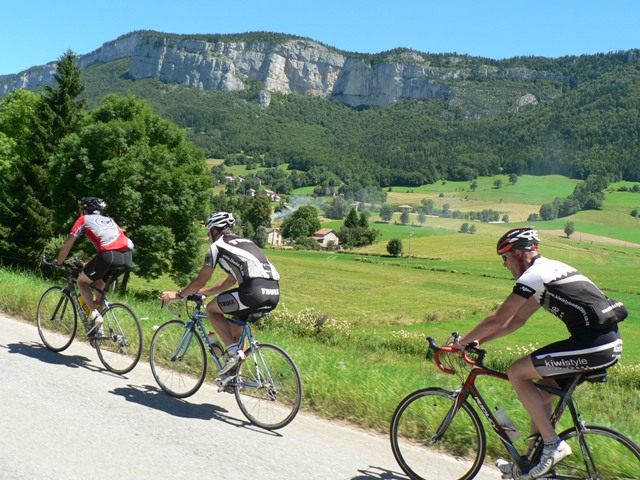
Roads are usually laid so as you will not disturb the peace of small villages. Besides, if you drive a car past the wine tasting locations, you will definitely regret that you are driving 🙂
Distance
You better decide your route a day in advance. If this is your first visit, you better get limited with 25-35 km: it is enough to test your strength and not get tired. Those who occasionally ride bikes at home cab try to blow up 45-55 km per day. Physical activity will be modest, and you’ll see a lot more. Experienced cyclists can ride up to 100 kilometers, but they hardly need our advice. From my own experience I can say that 50 km is the best option, allowing many to keep pace and very accessible to people with average physical training.
Route
You can always ask an expert to determine a bicycle route for you. You can also search for websites where cycle routes are listed in addition to attractions, restaurants and hotels. Pay attention to the characteristics of the track: they can be paved, unpaved, and you need to get along with the situation anyway. Newcomers generally feel unpleasant when bicycle tracks run along the side of a common road, so maybe such routes should be avoided at least for the first time. But note that the French cycle paths are laid to show you every (even the most insignificant) attractions: they zigzag through the villages, climb hills… Because of all this the distance between the cities will be a few km more than if you went on a bus or a car. Sometimes it is better to shorten the path by choosing a more straightforward option, going with the basic road, surely if
bikes are allowed there.
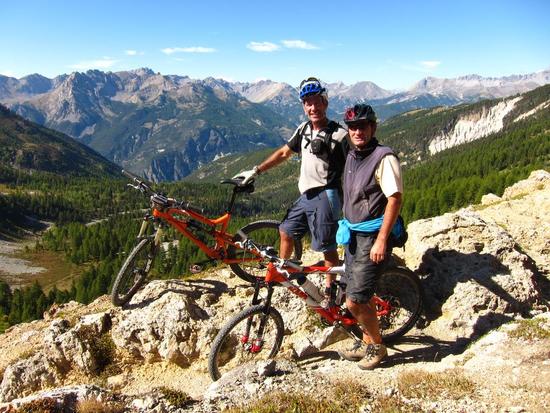
Surprisingly, you can save about 100-150 euros if you buy train tickets via Internet two or three months in advance to your visit. And another advice — start from a village that has a railway station, it’s much more comfortable.
Another nuance that should be taken into the consideration is the terrain. Cyclists with little experience will have difficulties when wandering through mountainous terrain, so it is better to choose a route away from the Alps, a valley of some river, and move in the direction from the hard point to the easier path. This, of course, does not guarantee an absolutely flat surface.
Vehicle
The main hero of the biking tour is surely the bike itself. There are fans of traveling on their own bikes, but it is expensive. Depending on the rules of a particular airline your two-wheeled friend will most likely be recognized as an over-sized luggage, which is being charged separately. And another question is whether the luggage will get safe to the final destination.
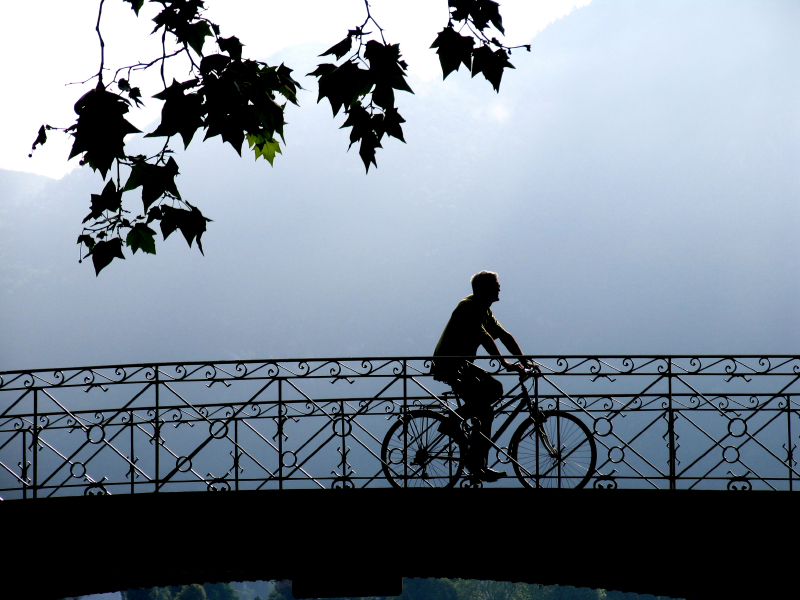
Rental
There aren’t many bikes in France. The cost of bike rental if compared with car rental is rather cheap — about 10-12 euros per day. Modern bikes with high speed will cost twice as expensive as renting an typical bike — around 30-50 euros per day. You usually get a pump, a mini-repair kit, and bike lock along with the bike. Some rental services are ready to take your bike to the city where you will get it. It will cost about another 5-6 euros a day (depending on how far you go).
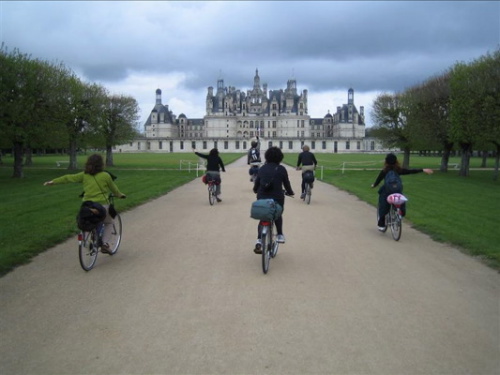
Be sure to ask about insurance: The insurance against theft will cost a couple of more euros per day, but at least you will be calm and won’t have to pay 300-500 euros if your rented bike is stolen.
Housing
Should you book a hotel? The answer is yes, since the Embassy will ask about your reservation before giving you a visa, but if you already have permission to enter the country, you can rent an apartment on the road. You will have some freedom of choice and an opportunity to refuse the expensive hotels if you use various systems of cheap hotel finders or make hotel reservations in advance. The problem with the roof over your head will not be a serious problem in France anyway.
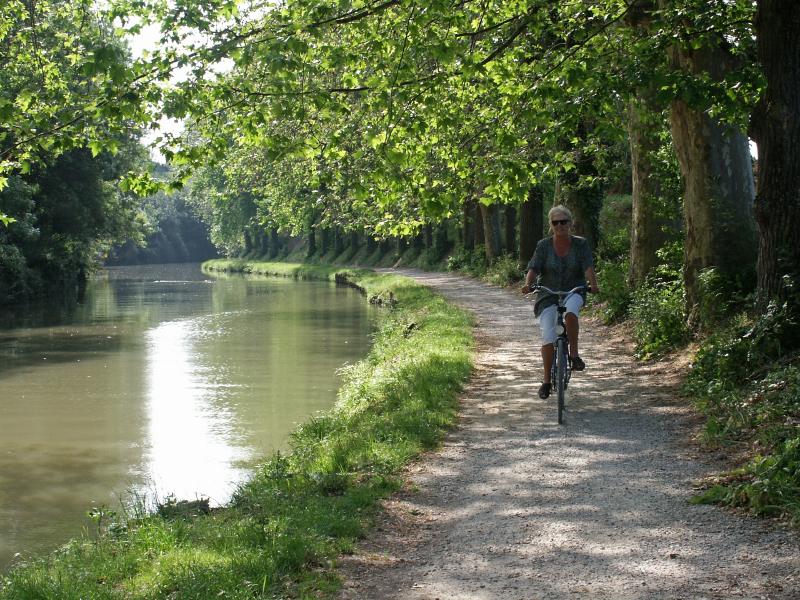
Along the most popular routes of all towns and villages you’ll run across an ad offering rooms for rental. A night stay in a lovely village house will cost you about 20-60 euros.
Image:
http://www.travel-in-france.co.nz/?rub_id=9&product_cat=11&prod_id=10

